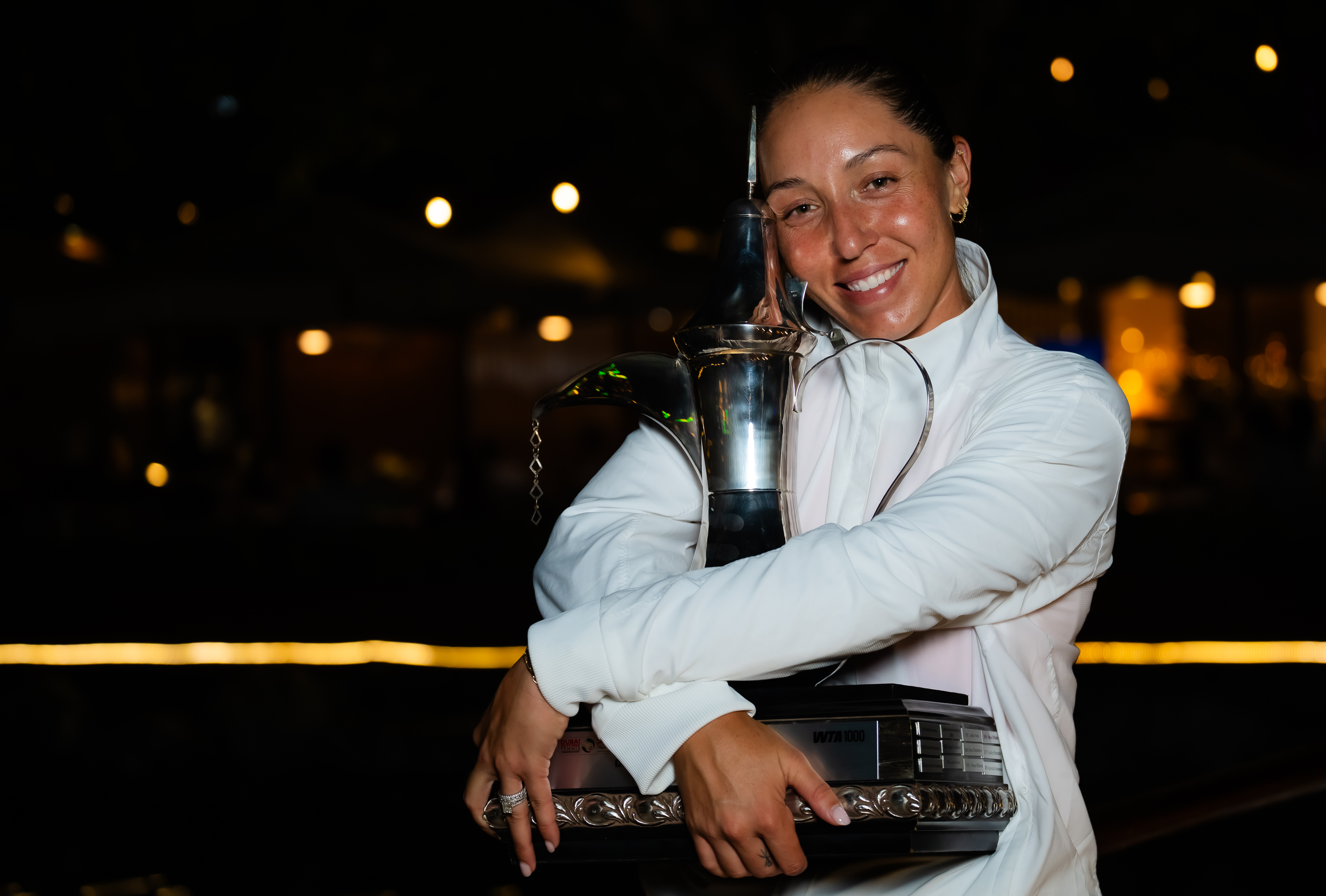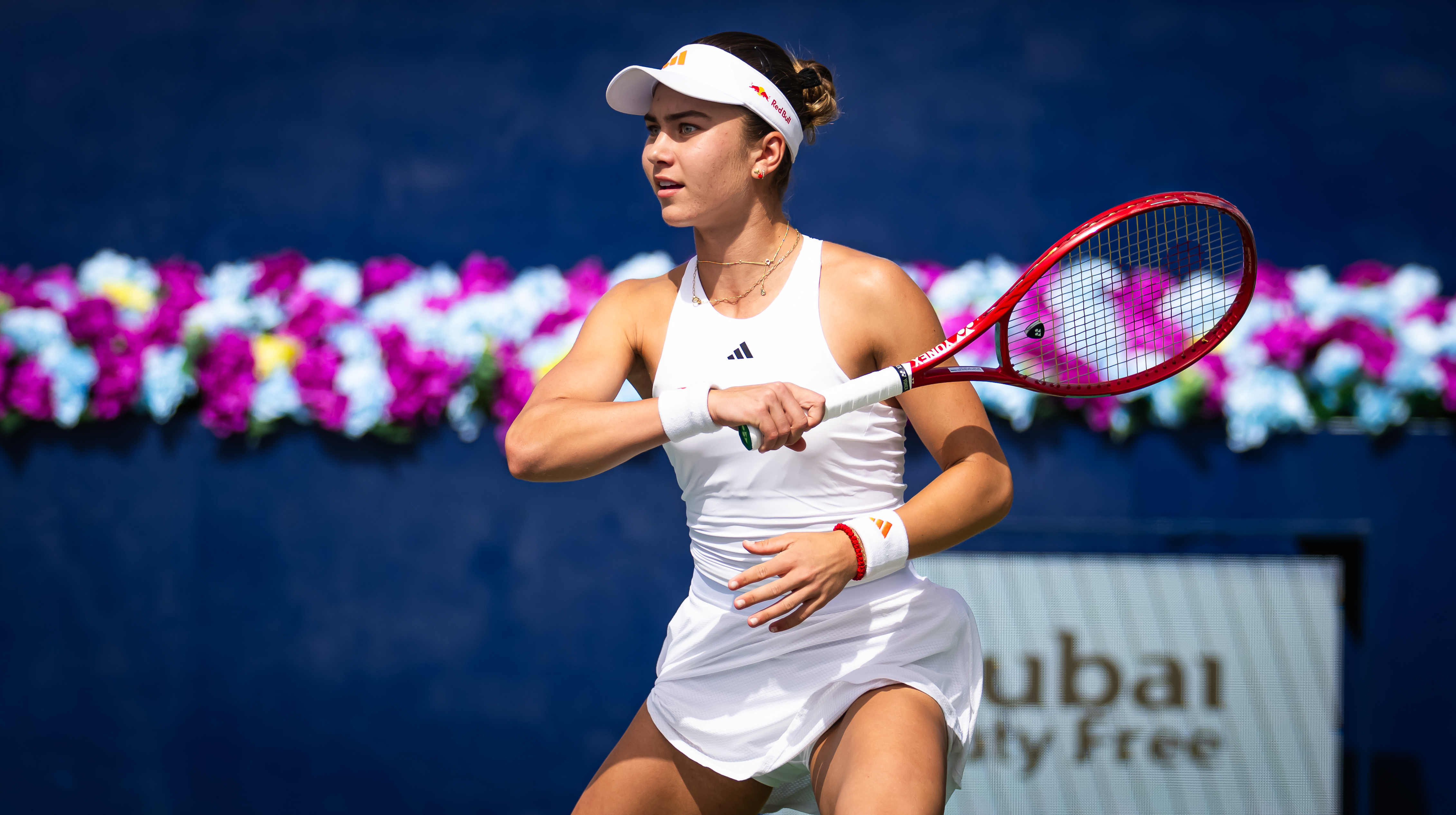Garbin’s Leadership Turns Personal Trials into Italy’s BJK Cup Triumphs
In the roar of Malaga’s arena, Italy’s women claim a second straight Billie Jean King Cup title, their captain Tathiana Garbin channeling a health crisis into unbreakable team resolve that outlasts any opponent on the hard courts.

In the pulsing energy of Malaga’s Palacio de Deportes on November 20, 2025, Italy’s squad dispatched the United States 2–0 to secure back-to-back Billie Jean King Cup championships, a feat that hummed with tactical precision and raw emotional depth. Tathiana Garbin, the former WTA No. 22 who peaked in 2007 after a career from 1996 to 2011, stood courtside as her players dominated the indoor hard courts, their crosscourt forehands slicing through defenses and inside-out winners landing with surgical accuracy. This victory capped a season of high-stakes ties, where every point tested the psychological edge Garbin had honed through her own battles, transforming individual vulnerabilities into a collective force that propelled Italy past semifinals against Slovakia and into dynasty territory.
Garbin’s path to captaincy began with the Italian Tennis and Padel Federation right after retirement, where she nurtured young talents through grueling drills on clay and hard surfaces, teaching them to vary spins—deploying slice for defensive resets on slower courts or topspin drives to push back aggressive returners. By 2017, she embraced the role of Billie Jean King Cup captain, a position that blended her baseline instincts with the need to orchestrate team patterns like the one–two serve-return combinations that disrupted opponents in tight exchanges. Watching those early protégés, now stars executing down-the-line passes under pressure, filled her with a profound sense of closure, as if tennis’s lessons demanded repayment through shared triumphs amid the event’s whirlwind schedule of home-and-away intensity.
The transition from player to coach was very difficult, because in reality you don’t just change your role -- you change the way you think, reason and relate to others.
Illness reshapes vulnerability into team strength
Garbin’s 2023 diagnosis of pseudomyxoma peritonei, a rare abdominal tumor, struck just as Italy geared up for the Billie Jean King Cup, forcing her into surgery in October and another immediately after the finals. Yet she refused to step away, securing medical clearance to join her players in Seville a month later, her presence on the sidelines a steadying force amid the hard court’s quick bounces and the crowd’s swelling anticipation. This period tested her ability to project tactical clarity—guiding adjustments like redirecting inside-in forehands to exploit gaps—while concealing the physical strain, ultimately weaving her personal fight into the team’s fabric during that runner-up finish against Canada.
Sharing her condition upon arrival sparked an emotional reckoning, one that shattered the stoic facade many coaches maintain and instead built deeper trust, much like a player leaning on a coach mid-match to recalibrate after a string of errors. The 2023 award ceremony crystallized this bond: Garbin vowed recovery, and her squad promised victory the next year, a pact they honored with the 2024 title on indoor clay, where underspin lobs neutralized power baselines and crosscourt rallies wore down foes. Her 2025 memoir, Tathiana Garbin - Il Mio Match Per La Vita Tra Gioie e Cicatrici (purchase the Italian version here), emerged from diary entries that reframed illness as a rival to outplay, drawing parallels to court strategies that lowered the emotional chaos and fueled her return to full strength.
I asked my doctor if I could go, and he gave me the OK, but I had to undergo another operation right after the competition. I shared this with my players, and when we met and talked about it, it was a deeply emotional moment for me.
Coaching through recovery amplified Garbin’s dual perspective—the player’s patience for enduring long rallies on variable surfaces, the coach’s discipline in drilling 1–2 patterns to set up down-the-line surprises—creating a balance that steadied her amid the pain. This mindset rippled to the team, evident in their 2025 semifinal push against Slovakia, where resilience turned defensive slices into offensive counters, the arena’s lights casting long shadows over every hard-fought point. Her openness, a lesson gleaned from adversity, taught that leadership flourishes when vulnerabilities invite support, forging relationships resilient enough to withstand the Billie Jean King Cup’s grueling format of spaced ties and shifting conditions.
Motivation rooted in purpose sustains the drive
With consecutive titles in hand, keeping Italy’s hunger alive demands more than tactical tweaks; Garbin emphasizes understanding the ‘why’ behind each swing, grounding motivation in values like unyielding fight that shine in tiebreakers when sets teeter on deuce-side pressures. She steers away from victory fixation, instead drawing from her playing days where discipline climbed rankings through relentless practice, now applied to team sessions that adapt slice approaches from grass qualifiers to hard-court aggression in finals. This philosophy powered the 2025 sweep over the U.S., where players like Jasmine Paolini unleashed inside-out forehands with crowd-fueled ferocity, their depth overwhelming in extended exchanges that echoed the event’s psychological toll.
For coaches navigating personal storms, Garbin advises against isolation, revealing how her illness unlocked the power of reciprocity—admitting needs to build lasting alliances that enhance on-court reads, like spotting a subtle fatigue signal to adjust patterns mid-tie. She credits this shift for Italy’s evolution, from the 2023 loss that exposed raw edges to 2024’s redemption, where coordinated one–two punches dismantled defenses on faster surfaces. As a mentor to aspiring women in the WTA’s Coach Inclusion Program, she urges leading by example in a tour still light on female voices, highlighting their empathetic edge in sensing emotional cues that inform nuanced prep, such as softening grips for clay’s drag versus whipping through on hard.
It’s very important not to close yourself off. When I realized that I could open up to my players, it was a very meaningful discovery -- something I actually learned thanks to my illness.
Plans for an English translation of her memoir next year aim to extend this wisdom beyond borders, offering global inspiration for turning adversities into strategic advantages, much like varying crosscourt depths to disrupt an opponent’s rhythm. Off the court, Garbin recharges through travels to remote cultures, family gatherings that ground her, and casual padel rounds that keep the athlete’s pulse alive, reinforcing a mindset where every challenge mirrors a winnable rally. As Italy eyes a third consecutive crown, the pressure morphs from survival to legacy, with Garbin’s blend of tactical insight and emotional depth positioning her team to dominate the Billie Jean King Cup’s evolving landscape, where resilience outpaces even the swiftest inside-out strike.
I remember that we lost the final, but during the award ceremony, we made each other a promise: I promised I would get better, and they promised they would win the following year. And they kept that promise; it was incredible.


